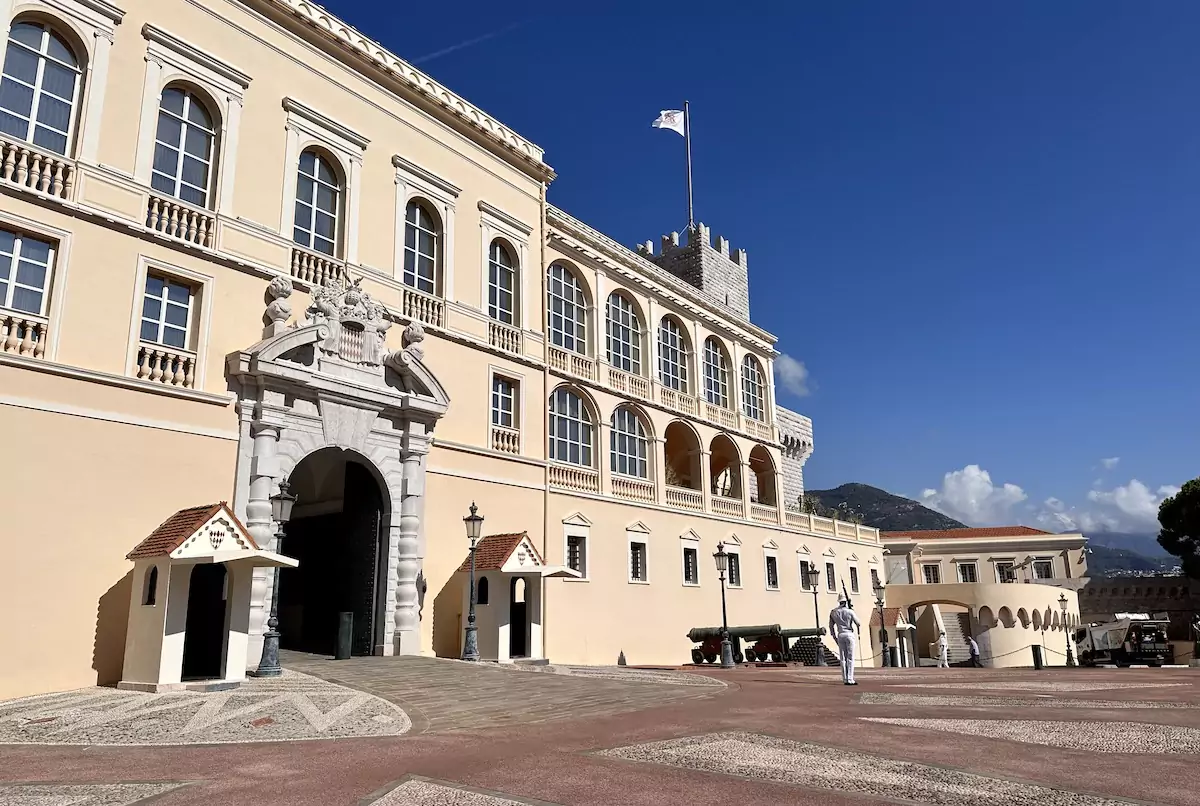The Council of Europe’s anti-corruption body, GRECO, has published a new report on Monaco, calling for stronger measures and penalties for high-ranking officials and transparency in the issuing of residency permits. It also recommends that Prince Albert II recuse himself from decisions involving personal interests.
The Council of Europe’s Group of States against Corruption (GRECO) delivered its report on Wednesday 24th July, in which it evaluates the effectiveness of the framework in place in Monaco for preventing corruption among persons with top executive functions and members of law enforcement agencies.
The 5th evaluation follows a visit by GRECO evaluators in November 2023, for which Monegasque authorities had been preparing for several months.
The report commends Monaco for establishing a number of anti-corruption measures, including governmental anti-corruption regulations, the appointment of an ethics officer, the formation of an ethics committee, the creation of a risk mapping strategy, and the initiation of a draft law on whistleblowers.
However, GRECO calls on Monaco to “take resolute steps to supplement and extend the recent legislation applicable to members of the government in order to make the anticorruption system more consistent and provide all the requisite guarantees of integrity.”
The watchdog recommends that the rules of ethics and the obligation to declare interests and assets be applied to people who work most closely with ministers, the Secretary of State for Justice, and to the Prince’s advisers.
“For all of the most senior posts in the executive, these rules need to be supplemented with better assessment of the integrity of appointees, greater transparency of their activity and more monitoring of compliance with the rules, as well as a system of penalties. The rules on outside activities and jobs taken after leaving office also need to be made clearer,” said GRECO in its report.
More transparency in the dealings of Prince Albert II
In the Principality of Monaco, where Prince Albert II also serves as the Head of State, it is not uncommon for him to perform key executive functions. GRECO therefore recommends that “some of these transparency and integrity measures be made applicable to the Head of State, in particular those relating to contact between him and third parties and gifts received in the course of his executive functions, prevention of conflicts of interest and the use of public funds allocated to the running of the Sovereign household.”
Noting that a culture of discretion exists in Monaco, GRECO recommends that access to information be improved, pointing out, for example, that “there are no rules governing dealings between public decision-makers and lobbyists, and no system to facilitate the intervention and protection of whistleblowers.”
GRECO’s report calls for greater transparency in the government buying process, especially in businesses where the state is a majority shareholder. It suggests that the Prince formally recuse himself from public decisions in which he or his family have a private interest.
Increased ethics training and transparency in police force
While acknowledging the good organisation and public reputation of the Monegasque police, GRECO recommends increased transparency in senior appointments, enhanced integrity checks, and better ethics training. It also advises implementing a comprehensive anti-corruption strategy for the police and improving the asset and interest declaration system.
Finally, GRECO highlights the need for careful oversight of the police’s power to issue residence permits and the establishment of whistleblower protection rules within the police force.
“Monaco remains committed to anti-corruption legislation”
In it’s public response to the report, the Monaco Government said, “Monaco remains committed to advancing its anti-corruption legislation in line with its institutional framework. This dedication aligns with over a decade of consistent efforts and improvements in anti-corruption measures as part of previous GRECO evaluation cycles.”
The Monegasque authorities now have 18 months to present a progress report detailing the measures taken to implement GRECO’s recommendations.
See also:
Monaco Life is produced by real multi-media journalists writing original content. See more in our free newsletter, follow our Podcasts on Spotify, and check us out on Threads, Facebook, Instagram, LinkedIn and Tik Tok.
Photo by Monaco Life
